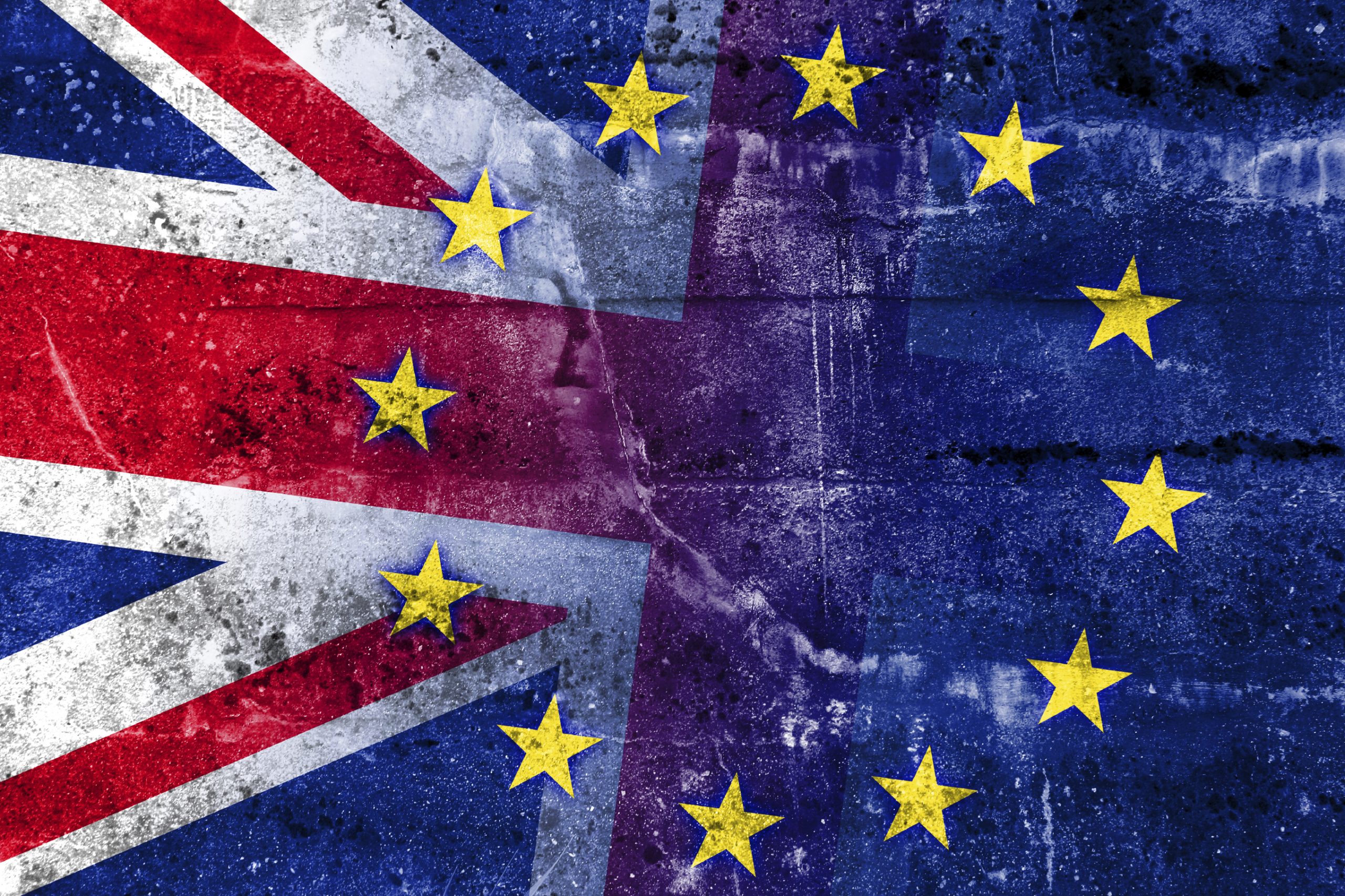‘Quickie divorce’ Brexit not an option for medicines, says UK pharma

UK pharma trade organisation the ABPI says a so-called ‘quickie divorce’ exit from the European Union is not an option for medicines, as patients cannot have their supply of medicines interrupted.
The quickie divorce option has been put forward by pro-Brexit campaigners, such as ex-minister Michael Gove, who have become impatient about potential delays to Brexit.
However Dr Virginia Acha, executive director for Research, Medical and Innovation, at the ABPI, says a sudden departure from existing rules without a new agreement is not feasible for the medicines supply chain.
She was giving evidence this morning to a UK parliamentary committee scrutinising preparations for Brexit, the Exiting the EU Committee.
Also giving evidence to the panel of MPs were representatives from UK manufacturing and financial services – sectors which, alongside pharma, are hugely important to the economy, and could suffer if the UK cannot secure a favourable Brexit deal.
A bespoke deal for the UK
The UK pharmaceutical industry says its priority objective for Brexit is for the government to secure “UK alignment and co-operation” with the existing EU framework for medicines regulation.
But Theresa May’s government is still not giving very much away about its negotiating position with the EU once it triggers Article 50, which is expected in March 2017.
The government has indicated that it wants a ‘bespoke’ deal for the UK, not one based on existing EU agreements with countries such as Norway, Switzerland or Turkey.
However EU leaders, including German Chancellor Angela Merkel and President of the European Council Donald Tusk, have indicated that the UK cannot “have its cake and eat it”. That means the UK must sign up to the free movement of people and goods if it wants tariff-free access to the EU market.
Nevertheless ABPI chief executive Mike Thompson, and Virginia Acha, both say the industry supports the ambition to create a UK specific trade deal.
Speaking ahead of the committee meeting, Mike Thompson said a bespoke UK deal would allow several options for the regulation of medicines.
“This critical area has a significant impact on the pharmaceutical industry, and we are working with Government to outline the mutual benefit in striking a deal for the benefit of patients in the UK and across Europe.”
He added that UK alignment and co-operation with the EU framework for medicines regulation should be a priority objective in Brexit negotiations.
A ‘Soft Brexit’ deal might mean the UK would stay within the European Economic Area (EEA) - like Norway - an option which would allow very close alignment with the existing regulation and agreements which include the UK.
Dr Acha pointed out that medicines supply chains are now very pan-European – indicating that if the UK moved to a non-EEA arrangement, the regulatory burden would increase.
She said most medicines cross EU and Swiss borders at least four times in their development and production, and new trade and regulatory agreements would have to be in place before Brexit.
She said labels, regulations and patient information leaflets would all need to be ready in advance. Hence a ‘quickie divorce Brexit’ - where the UK leaves the EU overnight and simply deals with the consequences - was not feasible for medicines and patients.
“This [idea] is not really an option for us. Patients are depending on us to have it right from day one.”
Last week Theresa May acknowledged that businesses feared a 'cliff-edge' scenario when Brexit arrives, expected in 2019, and said the government would seek an interim transition period to ease these concerns.
Asked about the likely departure of the European Medicines Agency from its current London base to another EU country, Dr Acha said its presence was another good reason for countries to invest in the UK and make it their EU headquarters. At the same time, however, she said its departure from London wouldn’t be make or break in terms of investment decisions from global pharma companies.
Financial services loss could be huge
Giving evidence alongside the ABPI were Fergus McReynolds, director of EU Affairs, EEF, the Manufacturer's Organisation, and Gary Campkin, Director for Policy and Strategy, TheCity UK, which represents the country’s financial services sector.
While all three witnesses took balanced positions towards the prospect of Brexit, Campkin did quote alarming forecasts for what would happen to London’s financial services if it lost its vital ‘passporting’ rights to deal with the EU without barriers.
He said if the UK was forced to move to a ‘third country’ agreement with the EU, it could lose 50% of its trade with the EU, amounting to £20 billion in lost revenue. On top of this, 35,000 jobs could be lost, with many leaving the EU altogether, going to global financial centres such as New York or Singapore.
Campkin was seeking to stress that the EU also had much to lose if London lost its current status, a tactic that Theresa May’s government is also employing, and trying to strengthen the UK’s hand in forthcoming negotiations.
However EU leaders have shown little public inclination to concede these points. The risk for UK industry is that it may prove politically expedient for them to ‘punish’ the UK for Brexit once negotiations begin in 2017.
Please note this article originally stated that the UK government was seeking a bespoke deal for the pharma sector (aka a 'sector-by-sector' approach), and that the ABPI supported this policy. The article has been amended to reflect that the bespoke deal is for the UK as a whole, and one that the ABPI supports.












